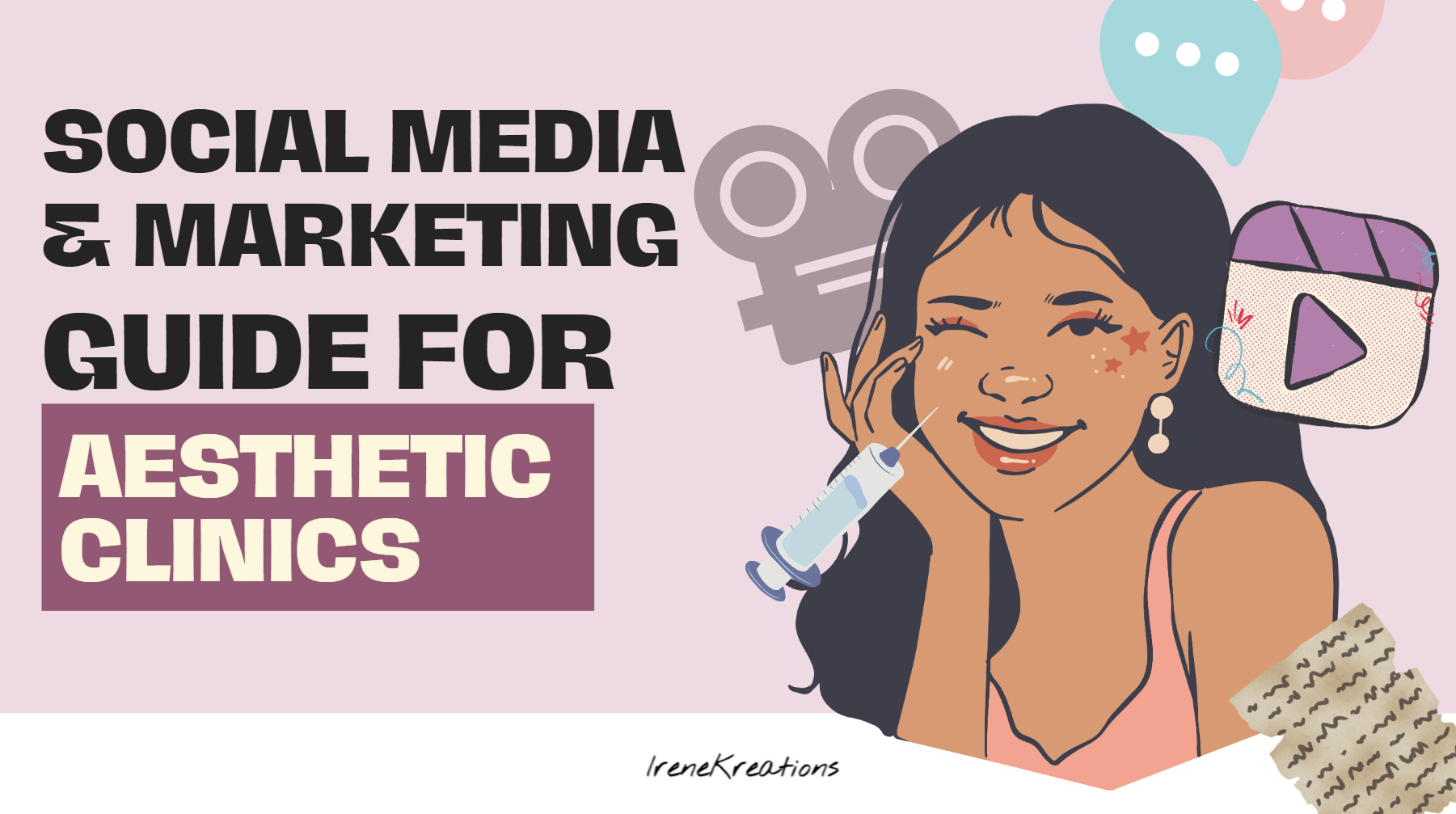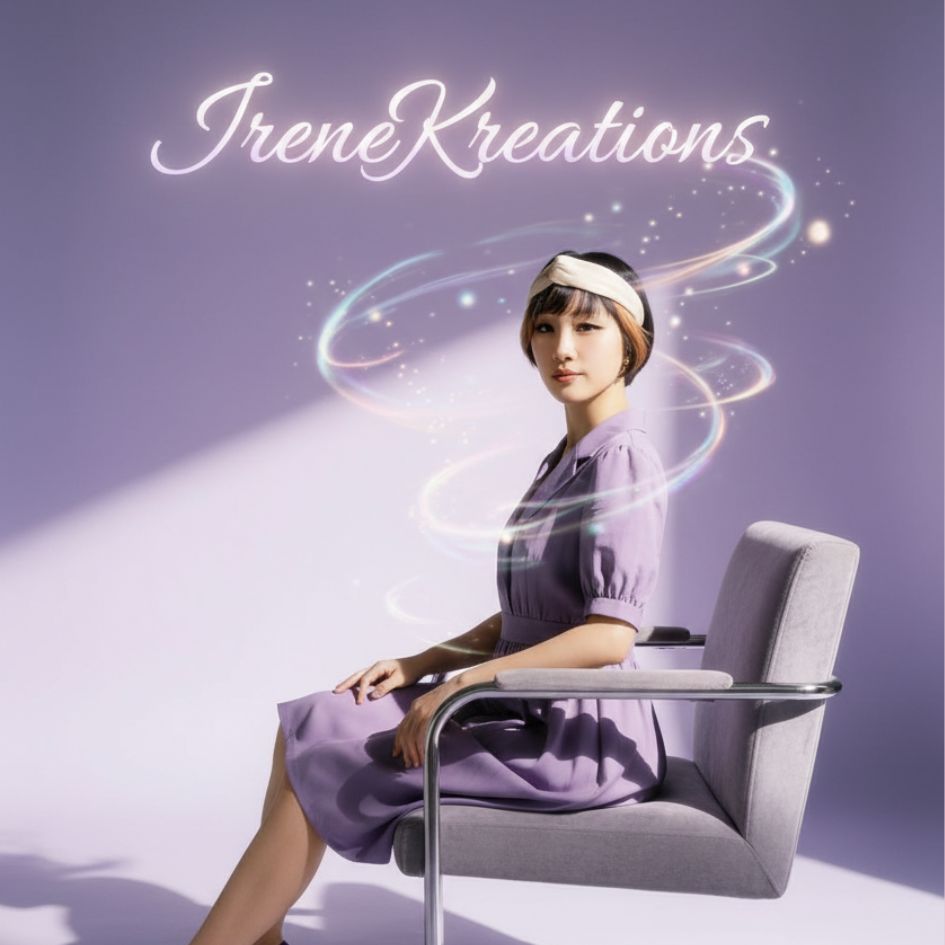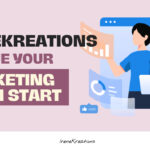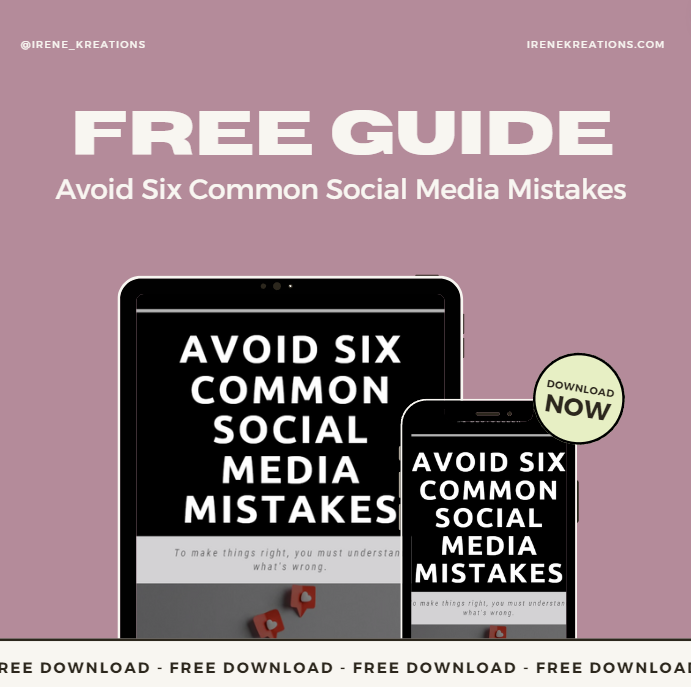We all know that aesthetic clinics often need to follow specific guidelines when it comes to marketing and advertising, particularly regarding the language used. These guidelines can vary depending on the country and regulatory body, but here are some:
Common Restrictions
- Medical Claims: Avoid using terms that imply medical diagnoses, treatments, or cures unless your clinic is certified to make such claims. Words like “cure,” “heal,” or “treat” might be regulated.
Cure: E.g., “cure acne,” “cure wrinkles”
Heal: E.g., “heal scars,” “heal skin conditions”
Treatment: E.g., “treatment for serious conditions,” “medical treatment” - Unverified Claims: Do not use phrases or language that exaggerate or make unverified claims about the effectiveness of treatments. Statements like “miracle results” or “instant transformation” can be problematic.
Miracle: E.g., “miracle skincare,” “miracle results”
Instant: E.g., “instant transformation,” “instant results”
Perfect: E.g., “perfect skin,” “perfect outcome” - Before-and-After Comparisons: Some regions have restrictions on using before-and-after images or comparisons to avoid misleading potential clients about the results. Using comparative images or phrases can be regulated or restricted. Avoid explicit comparisons unless you have proper authorization.
- Guarantees: Avoid promising specific results or outcomes, as this can be considered misleading. Words like “guaranteed results” or “perfect outcome” should be avoided.
Guaranteed: E.g., “guaranteed results,” “guaranteed success” - Misleading Language: Be cautious with terms that could be considered misleading or deceptive, such as “best in class” or “top-rated” without proper substantiation.
Best: E.g., “best in the market,” “best results”
Top-Rated: E.g., “top-rated clinic,” “top-rated treatments”
Miraculous: E.g., “miraculous results,” “miraculous treatments”
Revolutionary: E.g., “revolutionary skincare,” “revolutionary treatments” - Sensitive Topics: Be mindful of language related to sensitive topics such as body image, aging, and self-esteem. Avoid language that could be perceived as negative or exploitative.
Anti-Aging: Be cautious with terms related to age, as they can be perceived as targeting insecurities.
Flawless: E.g., “flawless skin,” “flawless beauty”
Key Legal Consequences
Penalties for Breaching the PDPA: Non-compliance with the Personal Data Protection Act (PDPA) can lead to significant fines. The PDPA mandates strict data protection regulations, and failing to handle personal data properly or without consent can result in legal actions and substantial financial penalties.
Sanctions for Violating PHMC Guidelines: The Private Healthcare Market Conduct (PHMC) has the authority to impose sanctions on healthcare providers who do not follow its digital marketing guidelines. These sanctions can vary from fines to suspension of practice, depending on the seriousness of the breach.
Reputational Damage: In addition to financial penalties, non-compliance can severely damage your reputation. Loss of trust from patients and the public can have lasting negative effects on a healthcare provider’s practice.
Legal Proceedings: Serious breaches, such as misuse of patient data or false medical claims, may lead to legal proceedings. This can result in prolonged legal battles, further financial losses, and damage to your professional reputation.
Revocation of Licences: In severe cases, failing to comply with PHMC guidelines and PDPA regulations could lead to the revocation of medical licenses. This is a drastic consequence that could end a medical career.
Increased Scrutiny and Audits: Providers found in breach of regulations may face heightened scrutiny and frequent audits. This can result in additional administrative burdens and require ongoing efforts to ensure compliance.
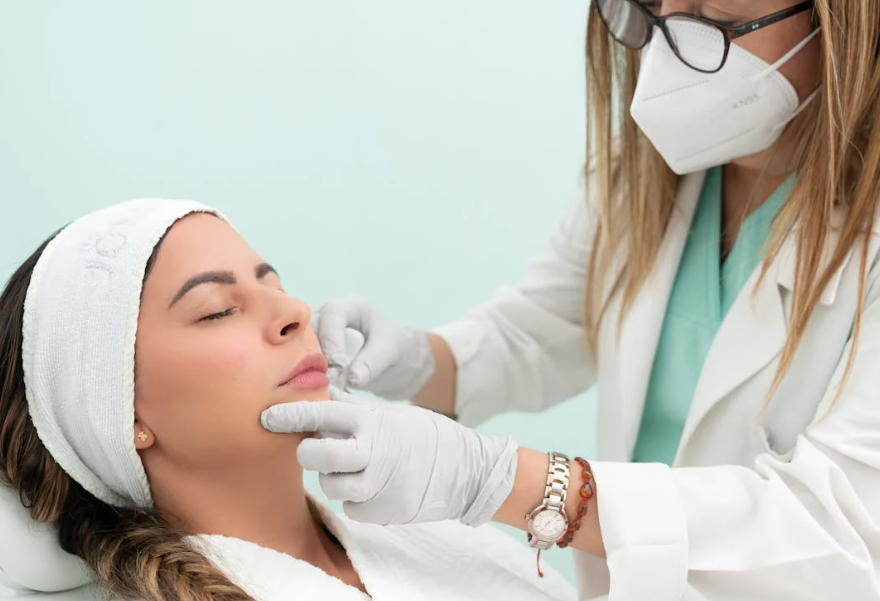
Advertisement Platforms
When advertising for your healthcare services, it’s crucial to choose the right platforms to avoid legal complications. Here’s a simplified overview of the approved advertising channels:
Newspapers, Magazines, Directories, and Medical Journals
You can legally advertise in traditional print media, including newspapers, magazines, directories, and medical journals. These platforms allow you to purchase ad space or list your institution.
Printing pamphlets and brochures is also permissible, but their distribution must be handled carefully. You cannot send these materials to recipients’ mailboxes without their consent. While placing pamphlets into daily newspaper deliveries is prohibited, you can make them available at your clinic or hospital. Patients and visitors may pick up brochures while on your premises.
SMS, MMS, WhatsApp, and Facebook Messenger
Sending unsolicited promotional messages via SMS, MMS, WhatsApp, Facebook Messenger, or similar platforms is not allowed under the PHMC guidelines. Just like with pamphlets, you need written consent from recipients before sending such messages. Besides legal concerns, unsolicited messages can be seen as unprofessional.
Social Media and Blogs
Social media, with over 5 million active users in Singapore, is a potent advertising tool. You can legally pay for ads on platforms like Facebook and YouTube, which are widely used for reaching diverse audiences. Engaging a Facebook ads agency can help optimize your targeting and strategies.
Blogs with local followers also offer advertising opportunities. Renting ad space on blogs is permitted and can be a valuable way to promote your services. If you’re new to digital marketing, consider learning how to effectively use these online platforms.
Search Engines
Google is the leading search engine in Singapore, and both paid ads and SEO are legal methods for promoting your services. SEO and SEM are non-intrusive and effective for generating leads. For optimal results, consider hiring a reputable Google Ads management agency in Singapore. Proper keyword selection, budget management, and ad copy are essential for maximizing your investment. Additionally, enhancing your website’s SEO can help attract organic traffic over time.
Other Media
Advertising on public channels like television, billboards, light boxes, LED displays, and banners is prohibited by the PHMC guidelines. Only advertising methods explicitly approved by the Ministry of Health (MOH) are allowed.
Within Physical Premises
You can freely advertise within your own premises, including running video ads on private TV channels, using large LED displays, or placing banners at the front desk. However, even within your premises, ensure that all content complies with existing regulations.
Social Media and Blogs
One effective way to promote your aesthetic clinic is through social media. It’s a great platform to reach, engage, and attract potential patients. Be sure to create a business page rather than using your personal account to maintain a professional image and better manage your marketing efforts.
As the world’s largest social media platform, Facebook offers access to a vast audience of potential patients. It’s an ideal place to showcase your treatments, build a following of genuine customers, and run targeted advertising campaigns to drive appointments.
However, it’s important to adhere to Facebook’s advertising guidelines to ensure your content is compliant. Some key restrictions include:
- No before and after images
- Avoid zoomed-in images focusing on specific body parts
- No sexually suggestive videos or images
- No nudity in ad creatives
- No misleading claims (e.g., weight loss)
- Avoid implying personal attributes (e.g., race, name, or criminal record)
- No promotion of prescription pharmaceuticals
- No over-the-counter medicines
Another social media platform widely used by Singaporeans is Instagram. As a visual-centric platform, Instagram is perfect for showcasing your brand and reaching a broad audience of potential patients.
Xiao Hong Shu
Xiao Hong Shu (also known as Xiaohongshu or Little Red Book). It’s a popular Chinese social media platform that combines user-generated content with e-commerce. Users often share product reviews, lifestyle tips, and personal experiences, and it’s especially known for its influence in the beauty, fashion, and lifestyle sectors. If you’re thinking about using Xiao Hong Shu for marketing or content creation, it can be a great way to reach a targeted audience with authentic content.
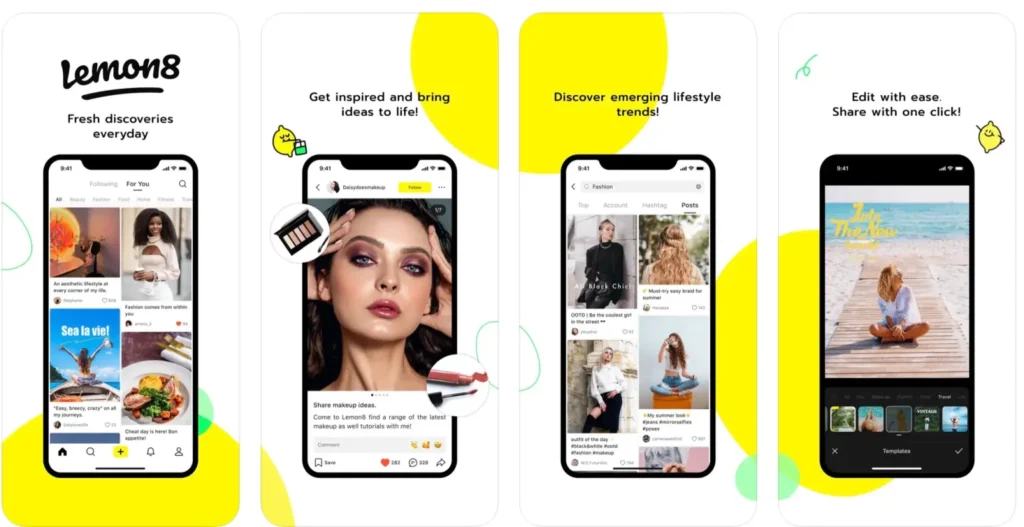
Lemon8
Lemon8 is a social media app developed by ByteDance, the same company behind TikTok. Launched in 2020. Now, it’s making waves in Singapore and across Asia.
The app offers a variety of lifestyle content, including beauty, fashion, travel, and wellness. Think of it as a mix of Pinterest and Instagram, with a touch of Xiao Hong Shu’s flair.
Inbound Marketing
Blogs are an excellent way to keep your website fresh with regular content updates. Unlike your main website content, which focuses on explaining procedures and services, blogs can cover a range of topics such as beauty tips, industry innovations, or other relevant subjects that your audience will find engaging and useful.
Always check with local regulations or consult with a legal advisor to ensure your marketing complies with relevant guidelines.
Conclusion
In conclusion, when developing a marketing strategy for your aesthetic clinic, it’s essential to clearly define your objectives, implement precise tracking, and adjust your campaigns based on their performance.
Diversify your presence across multiple channels to avoid relying on just one platform. Promote the right treatments and be prepared to discontinue campaigns that aren’t delivering results.
The aesthetic clinic industry in Singapore is highly competitive, with trends continually evolving alongside new product developments. The combination of a growing number of beauty spas and stringent regulations from the Ministry of Health (MOH) makes it challenging for aesthetic doctors to maintain a competitive edge. Non-invasive treatments, in particular, face intense competition from spas and facial outlets that offer similar services.
Therefore, meticulous planning, execution, and optimization are crucial for the success of any digital campaign. Clinics must ensure they adhere to the Ministry of Health’s PHMC Advertising Guidelines to remain compliant and effective in their marketing efforts.
For more business marketing and social media tips, click here and elevate your online strategy!
✧⭒✦✧⭒✦◇ Ready to Level Up Your Socials? ✦⭒✧✦⭒✧
Still struggling with messy marketing or feel lost on social media? It’s time to change that. Dive into IreneKreations’ Recommended Social Marketing E-Books — a curated library filled with FREE and premium guides crafted for business owners who want real, lasting results.
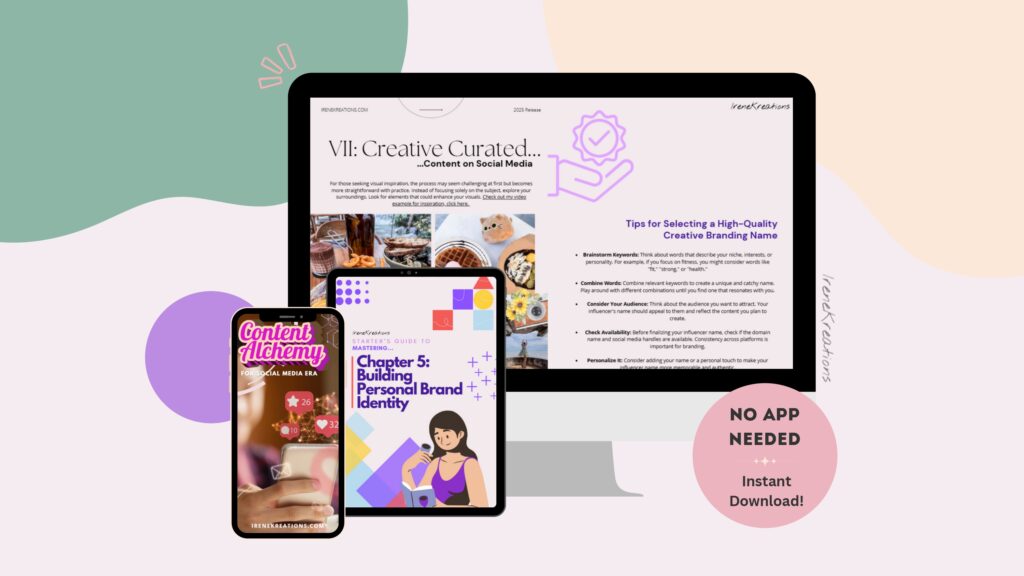
From social media to content strategy and branding, these resources are your shortcut to making marketing finally make sense (and work).
Instant access. Powerful strategies. Business-ready results.
Join IreneKreations Telegram Channel for More FREE Social Content Tips here

